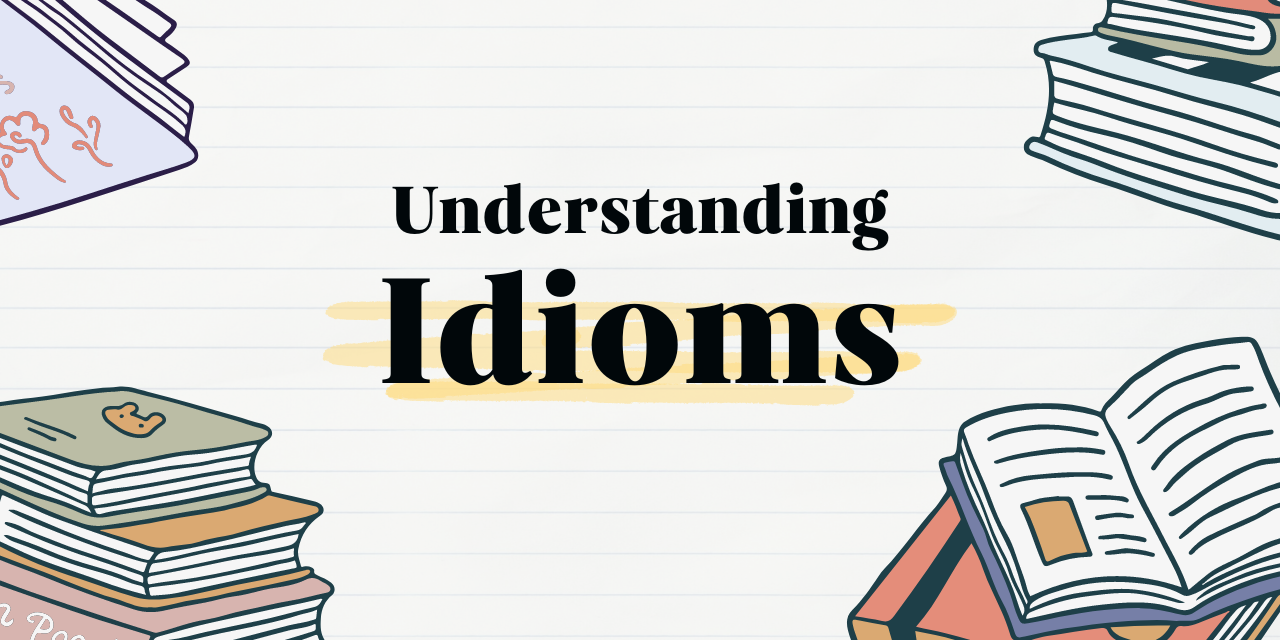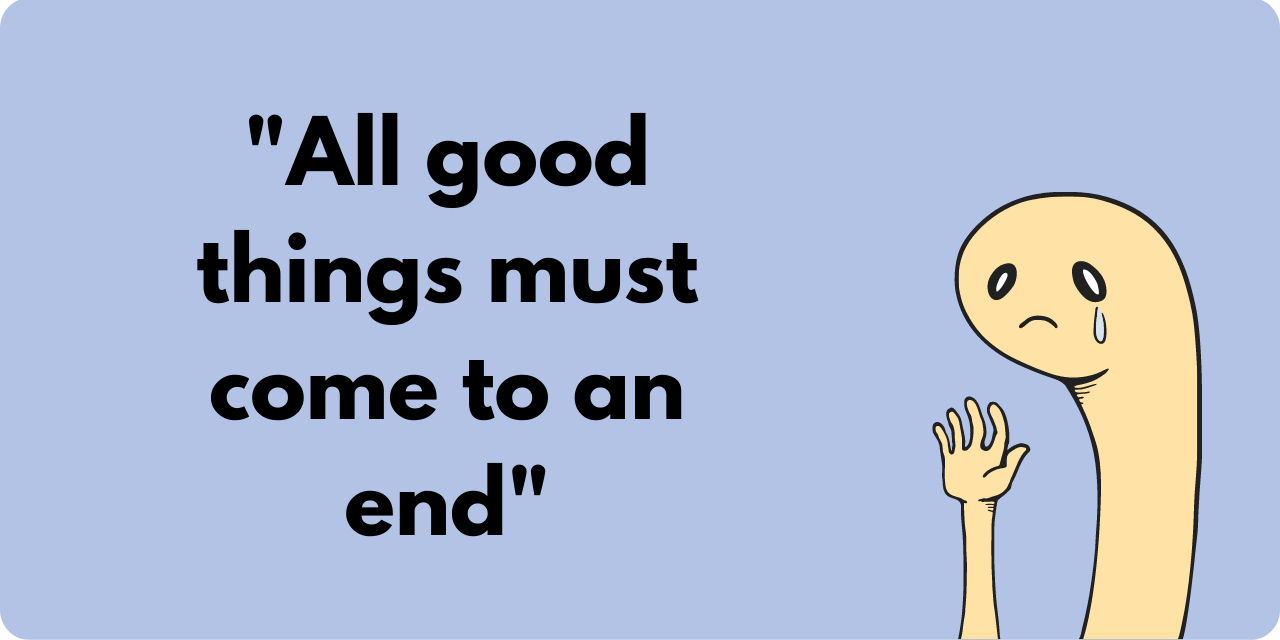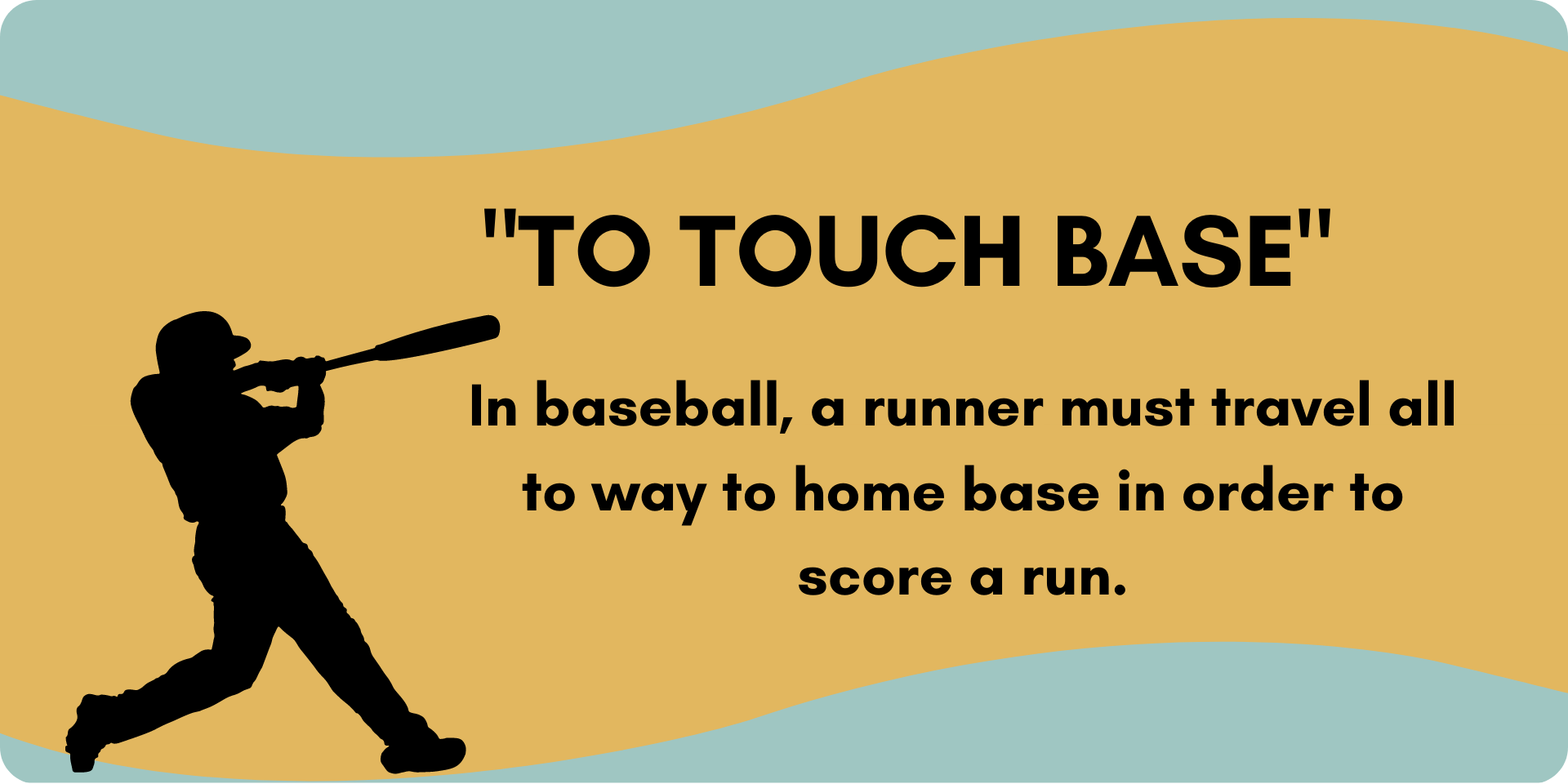Vice versa comes from Latin. The phrase is used to say “the other way around.” Vice versa is often used as an adverb, and it doesn’t require a hyphen (nor a dash) between the two words. Unless you’re discussing the term itself (as we are now), vice versa doesn’t need to be italicized or put into quotation marks.
Much of the English language is made up of loanwords, or words adopted from other languages, and vice versa is just one example. A few others include banana, avocado, poodle, bagel, jazz, and shampoo! In some cases, the phrases that make their way into the English language remain in their original form. For instance, et cetera is a Latin phrase that means “and so on.” Ad hoc is another example that means “for this.” Vice versa is yet another example of this type of phrase, and we’ll be examining it in greater detail in this article.
What Does Vice Versa Mean?
The word vice in English often refers to a moral fault, but in the case of vice versa, vice has the same meaning as the vice in vice-president. This meaning of vice comes from the Latin word vicis. Vicis means “an alteration,” “a change,” or “a succession.” It can also mean “a position” or “a place.” The word versa in vice versa comes from versus, meaning “to turn.” When you combine vice and versa, the phrase literally translates to “with position turned.” In English, we often say this as “the other way around.”
How Is Vice Versa Used?
Vice versa is an adverbial phrase. This means that it acts as an adverb in a sentence. You’ll often see vice versa used with the conjunctions “or” and “and.” If you want to say, “not the other way around,” you can also use vice versa with the word “not.”
Put simply, you should use the phrase vice versa when you want to note that something you just said or wrote is also true in the opposite order. Imagine you’re not very fond of your coworker, and you think the feeling is mutual. You might say, “I don’t like Bob, and vice versa.” In this sentence, you’re clearly stating that you don’t like Bob, and Bob doesn’t like you, either. By using the phrase vice versa, the subject of the sentence becomes the object of the sentence, and vice versa.
Throughout this article, we’ve used italics when referring to vice versa because we’re discussing the phrase itself. However, in ordinary use, there’s no need to use quotation marks or italics for vice versa. It also doesn’t need to be capitalized or hyphenated.
Vice Versa in Sentences
- This device makes it simple to transfer media from VHS tapes to DVDs and vice versa.
- The community theater was putting on a play with reversed roles; the children played the parents, and vice versa.
- “There are times when I’m really sad, and I write something happy, and vice versa,” the author explained.
- After she told me what happened, I was angry with her, and vice versa.






